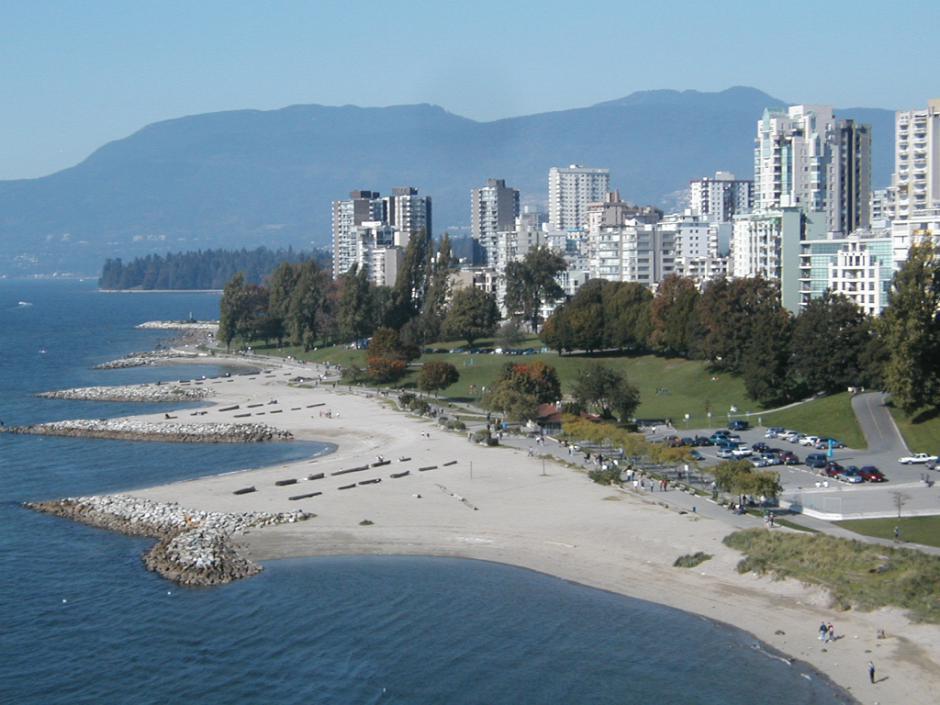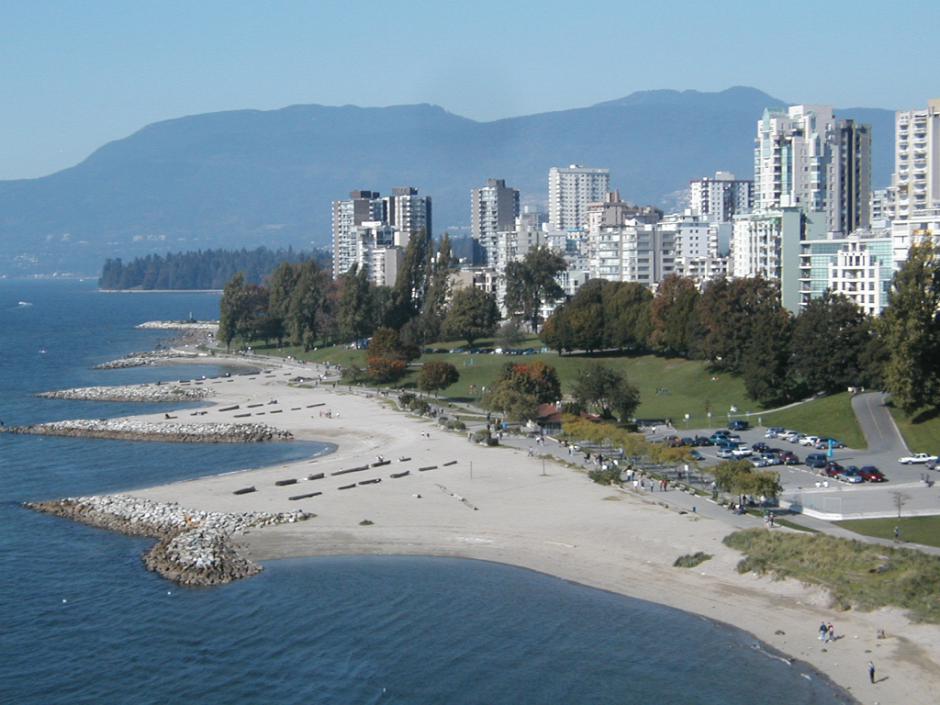
West End | BCBusiness
Vancouver’s West End is about to see a big spike in redevelopment, thanks to a new community plan.
A new community plan unlocks value—and development potential—in one of Vancouver’s most storied (and storeyed) neighbourhoods
Vancouver’s West End is on the verge of a dramatic real estate revival sparked by density brought on by a recent community plan, according to a real estate industry report to be released Thursday.
According to the Colliers Spring 2014 LandShare Report, which analyzes sales, rezoning and development applications in all municipalities, Metro Vancouver has seen a surge in the completion of larger scale transactions since the beginning of the year after recently introduced community plans spurred land owners to sell. Nowhere is this trend more apparent than Vancouver’s densest urban village.
“Nothing would have happened without the West End community plan,” says James Lang, the market intelligence manager for Colliers International Realty. “That plan unlocked value and growth potential in the downtown core where land is so scarce.”
The LandShare Report points to the recent sale of two properties at Alberni and Nicola streets as the first of many anticipated high-value transactions in the West End. Wall Financial Corporation recently purchased 1444 Alberni and 740 Nicola Street for $83.5 million after the community plan relaxed density in the Georgia corridor to maximum heights of 500 feet. The sites currently contain two midrise office complexes and one 20-storey apartment complex built circa 1970. The company has not yet revealed its redevelopment plans.
Lang says these are the first of the big deals for the West End this year, but will not be the last.
“There are other ones in play that I can’t talk about yet,” says Lang. “We are expecting three or four significant sales to close soon. These will be quite large transactions for existing buildings. When the community plan came in, the land value went up. The land is now worth much more than the buildings, so it makes sense to redevelop.”
The LandShare report also points to a revival of rental housing stock for the West End with the city’s Rental 100 plan, formerly known as the STIR (Short Term Incentives for Rental) program. The program offers bonus density without community amenity contributions, relaxed parking requirements, unit size reductions and an expedited permit process. To date, approximately 3,300 units spread over 34 projects are proposed for Metro Vancouver as developers cash in on incentives, low interest rates and a strong Vancouver rental market.
The Rental 100 program—while a boon for developers—has not been without community controversy. The West End Neighbours Association (WEN) has challenged the program several times in B.C. Supreme Court—most recently on the grounds that it would not provide affordable housing to Vancouver renters. In a recent decision, the B.C. Supreme Court found that the City has wide discretion to define housing affordability, and said further definition is best left to voters at the ballot box.
In a press release, WEN director Virginia Richards criticized the city rental program which has “virtually unlimited powers to give developers incentives without producing affordable housing.”
It is still unclear whether the increasingly attractive climate for developers will enhance livability for renters. But Lang says it is evident that changing buyer demographics are a strong driver for development choices. While the West End real estate revival headlines the LandShare report, transit-rich Burnaby was also strong. There, the key sale was Onni Development Corporation’s purchase of 1,500 acres around Gilmore Station for $103,794,000.
“Anything transit oriented, anything close to a station, is going to be a highly coveted opportunity,” says Lang. “Developers are looking for scale, a place where they can build more units. This is a sound development philosophy right now. You just have to look at the demographics. Young buyers are less car dependent, more transit oriented, looking at smaller spaces and want to be close to amenities. Suburban developments are just not making the same strides forward right now as others.”
Another Colliers report released earlier in the week—the Metro Vancouver 2014 Developer Sentiment Survey—backs up the contention that transit availability is an increasing factor in large commercial deals. Vancouver, Burnaby and North Vancouver ranked as most desirable in the survey while transit challenged Abbotsford, Maple Ridge and Pitt Meadows were last.






